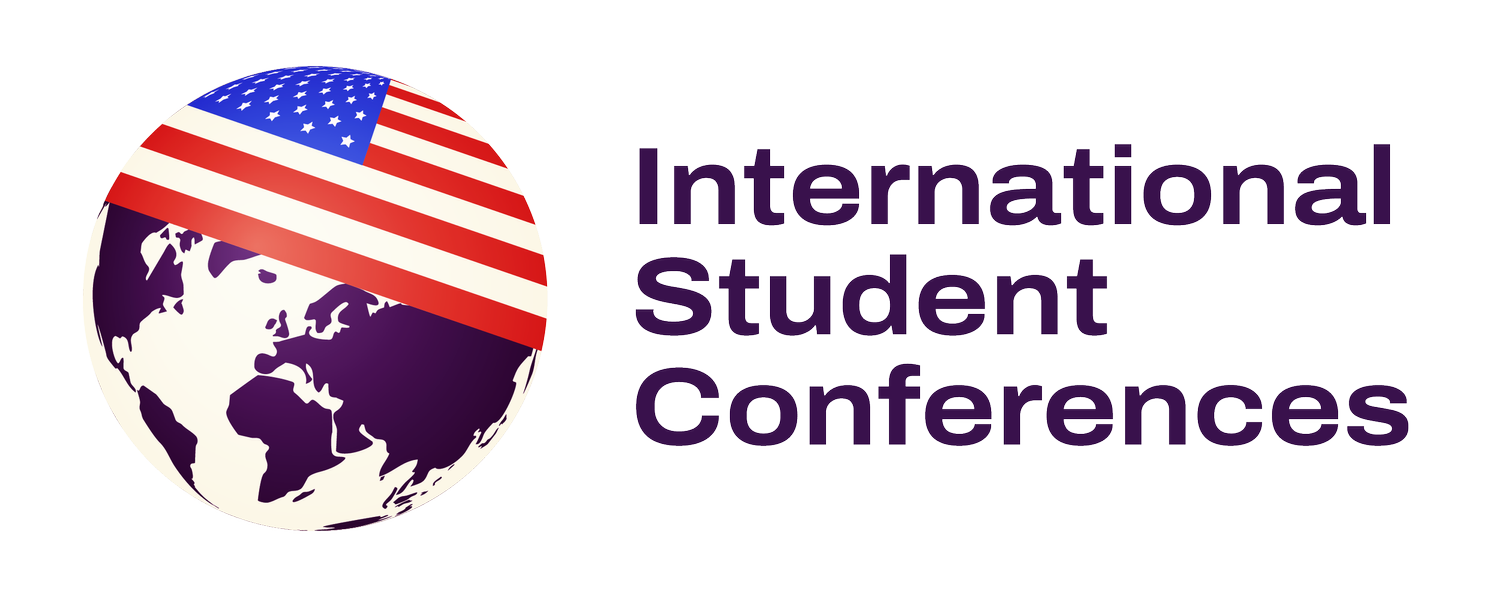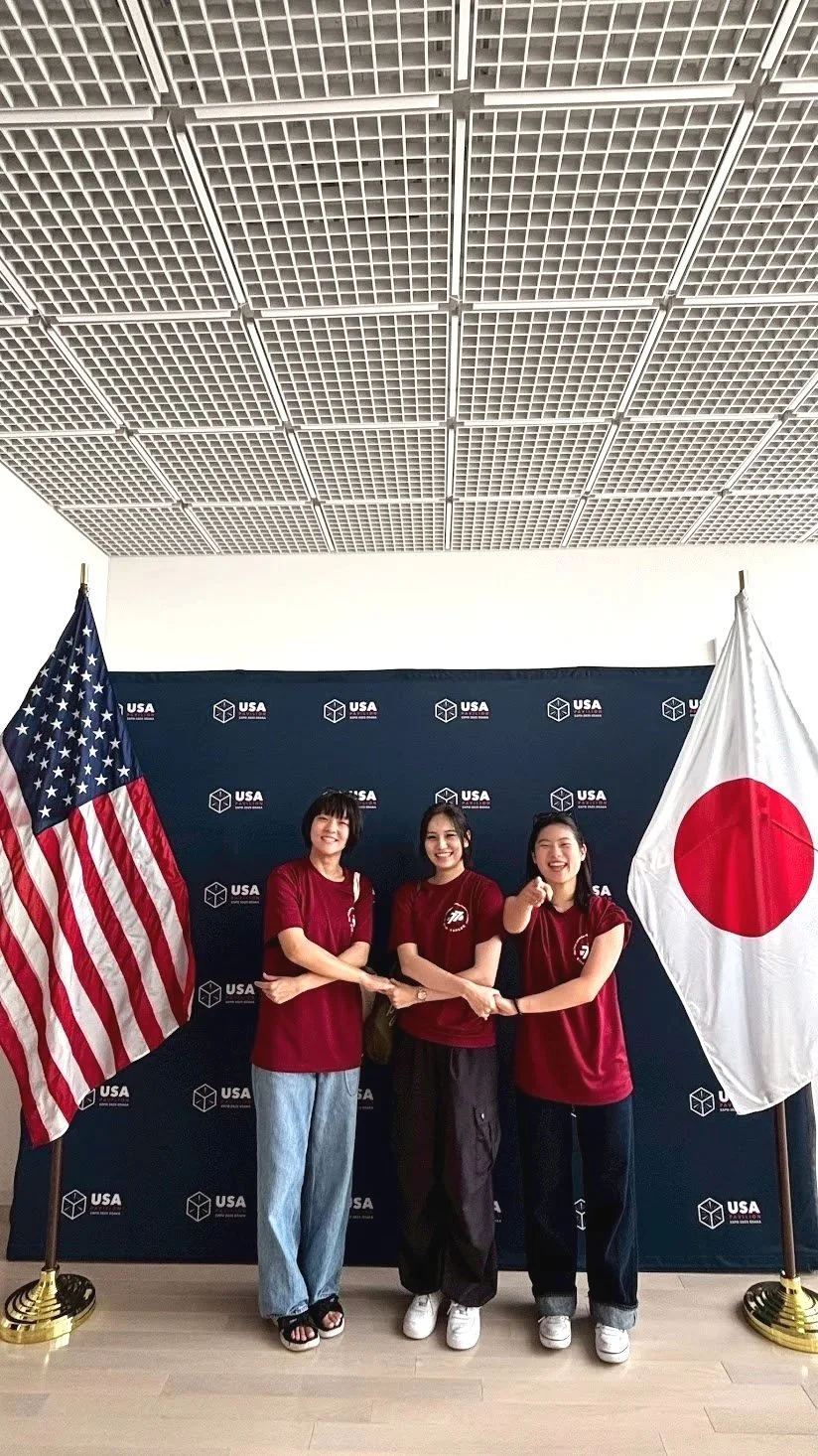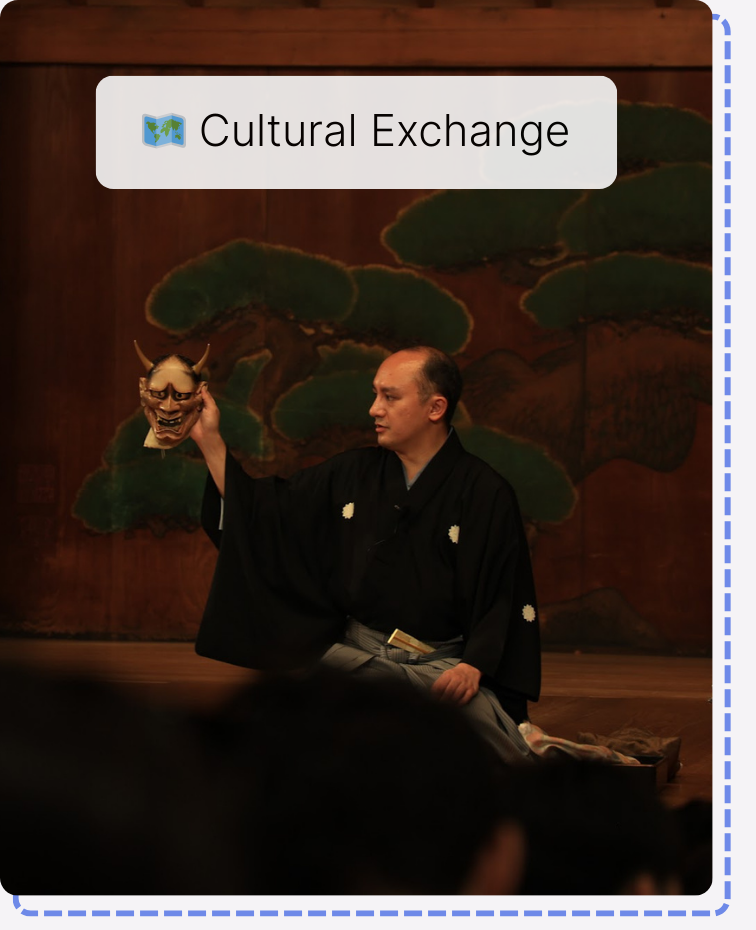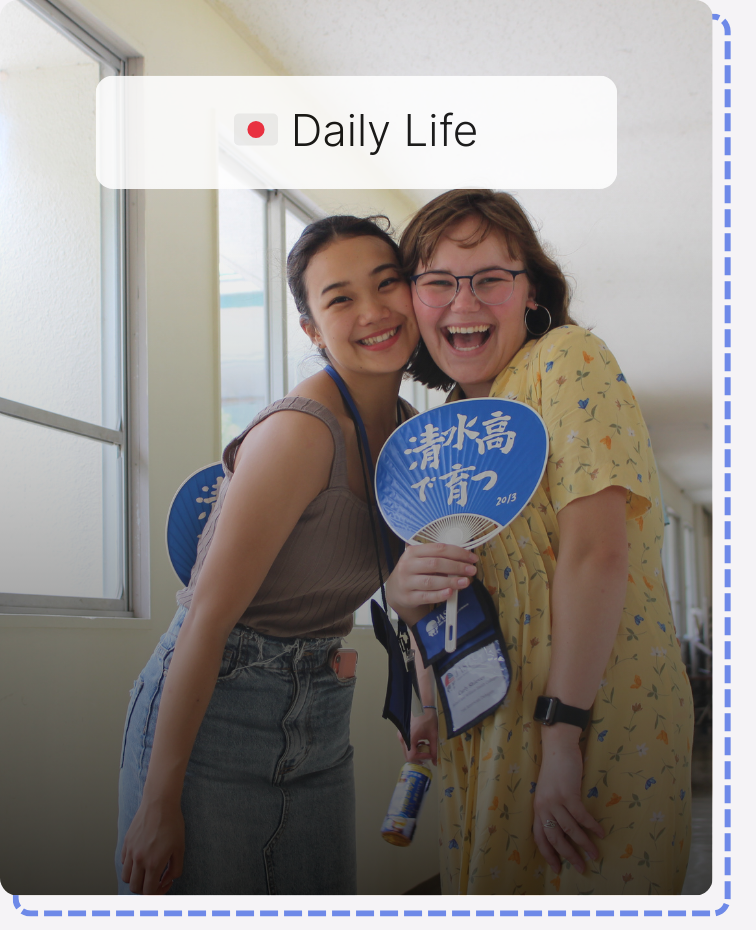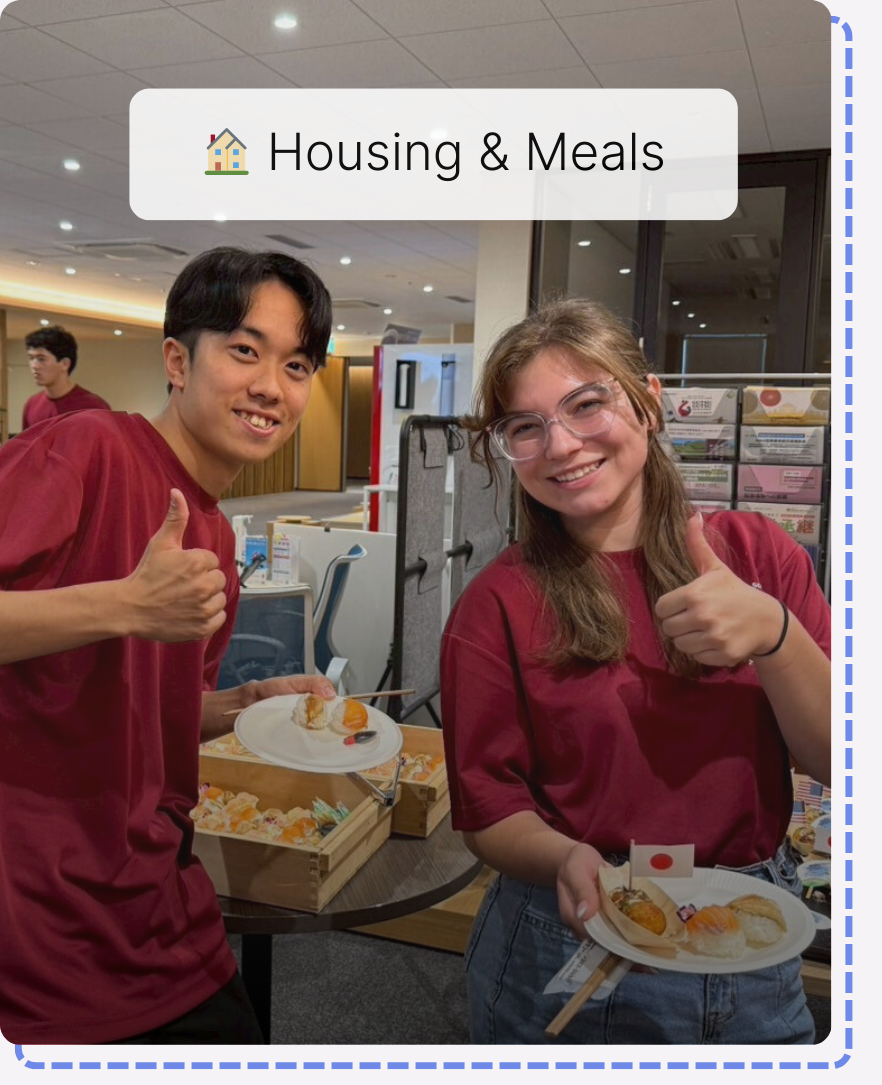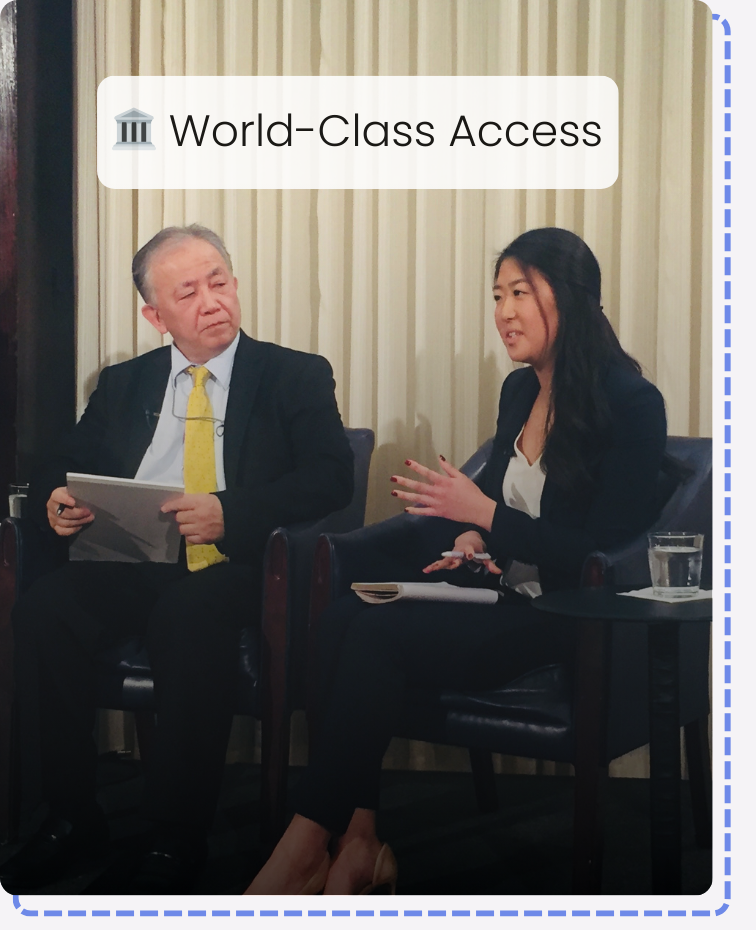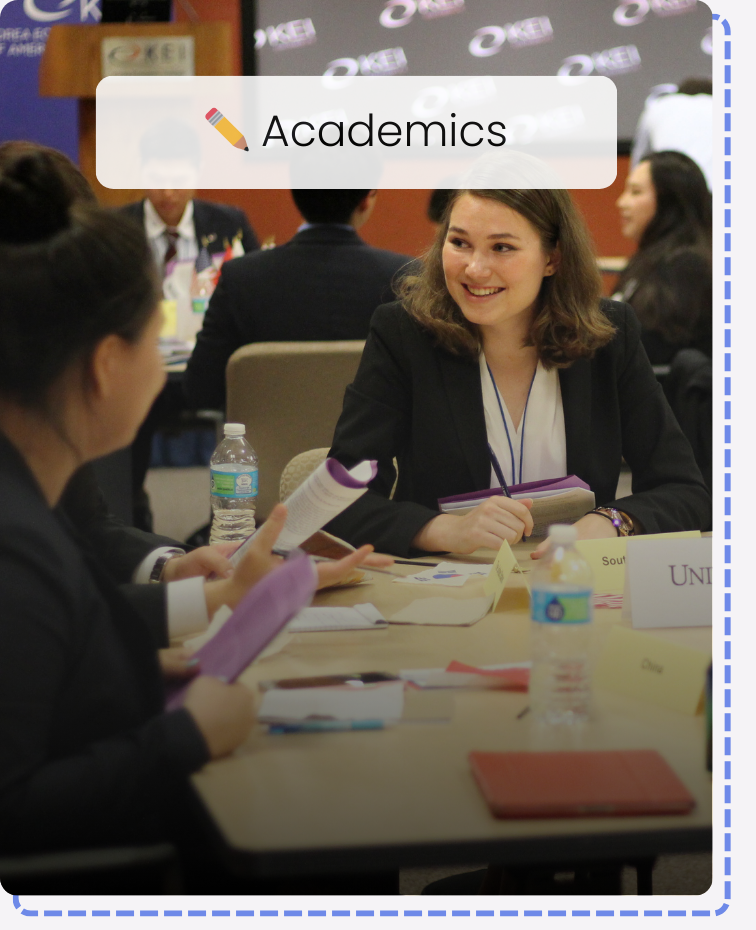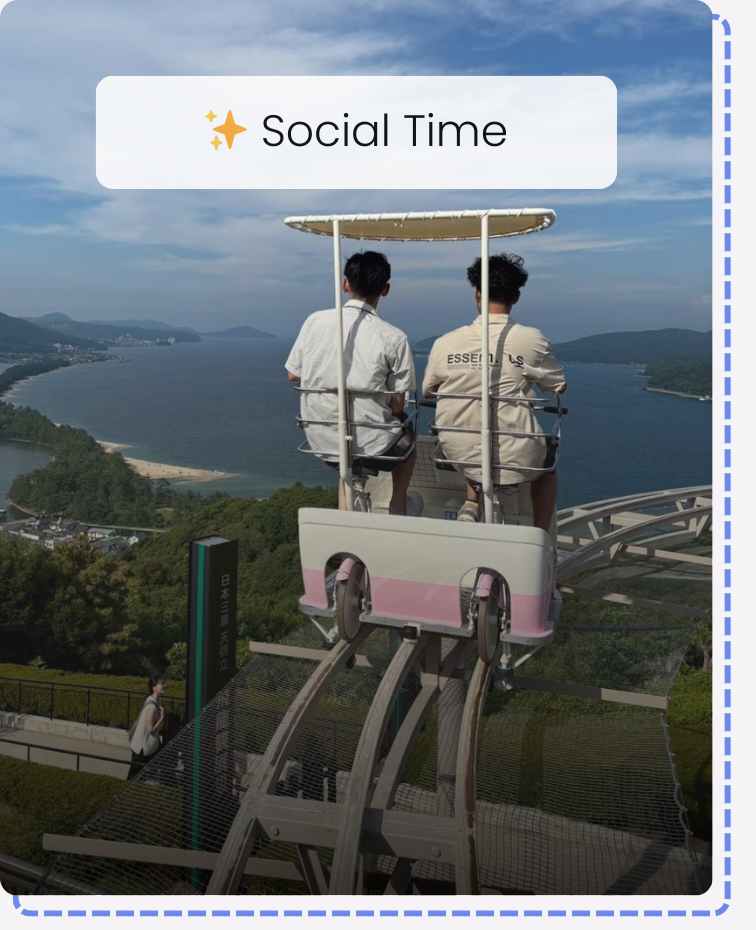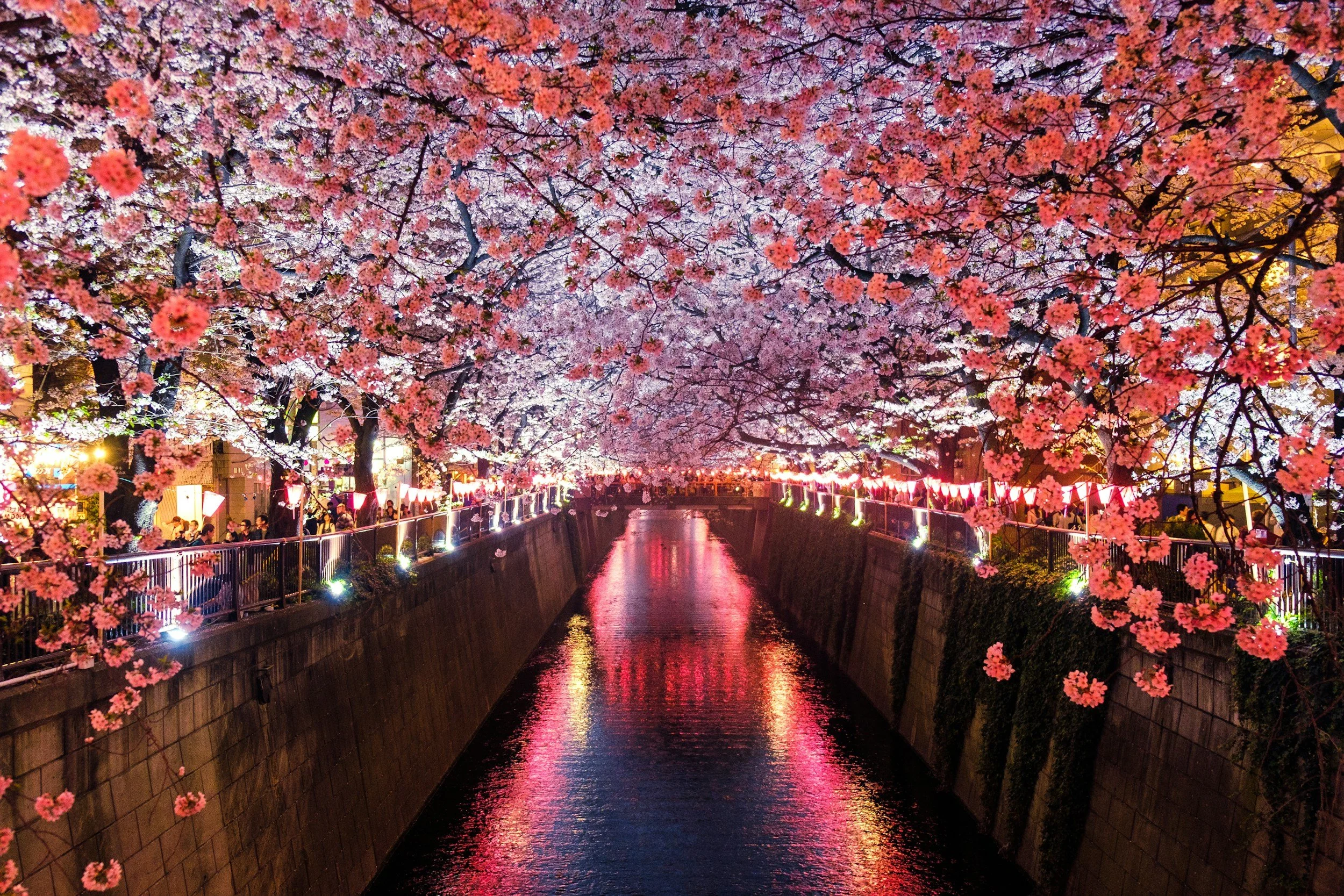United States ↔ Japan
What is the Japan-America Student Conference?
The Japan–America Student Conference (JASC), founded in 1934, is the oldest student-led exchange program of its kind. Each summer, the same number of students from Japan and the United States are chosen to join a three-week program of cultural exchange, academic study, and leadership development.
What makes JASC different is that students don’t just attend — they run the program. Each year, a student Executive Committee plans the conference, chooses the themes, and leads the activities, creating a peer-led experience that is hands-on, challenging, globally relevant, and builds real-world skills valued by future employers.
In 2026, JASC 78 will take place in San Francisco, California; Nashville, Tennessee; and Washington, D.C.
Program Overview
Resilience: Forging Mutual Trust from Sincere Dialogue
In an era defined by uncertainty and division, resilience begins with sincerity. JASC 78 invites students from Japan and the United States to explore how trust is built — not through policy alone, but through honest conversation.
Across three cities, delegates will examine what it means to show up with openness in a complex world. Together, they will seek common ground, challenge assumptions, and imagine a shared future built on understanding and mutual respect.
📂 Application Opens: October 13, 2025
📁 Application Closes: December 28, 2025, at 11:59 p.m. ET
📆 Conference Dates: August 2-22, 2026
📍 Sites: San Francisco, Nashville, Washington, D.C.
Each delegate joins a Roundtable (RT) — a small cross-cultural research cohort exploring one aspect of the U.S.–Japan relationship. These groups meet throughout the conference to explore their topic through discussion, research, and collaboration. At the end, each group presents its findings at the Final Forum.
Roundtables are led by Executive Committee members and shaped by student perspectives. Each topic offers a lens to explore bilateral issues and encourages delegates to think critically about solutions, policy implications, and cultural meaning.
Roundtables
-
Led by Soichiro Tezuka 🇯🇵 & Zoë Hoksbergen 🇺🇸
The global stage is shifting fast — and Japan and the U.S. are right at the center of it. From regional security to global cooperation, delegates in this roundtable will explore how these two nations navigate the balance between partnership and power in a time of growing uncertainty.
Through open discussion, students will dive into today’s biggest geopolitical challenges — from the South and East China Seas to the war in Ukraine — while also tackling emerging issues like climate security, trade, and disinformation. Together, they’ll examine how history, culture, and shared values shape the choices both countries make on the world stage.
What does responsible leadership look like in an era of change? This roundtable invites delegates to question assumptions, debate tough ideas, and imagine how diplomacy can evolve to meet the challenges ahead.
-
Led by Mako Imada 🇯🇵 & Gerald Reiling 🇺🇸
Art doesn’t just reflect culture — it shapes it. From music and film to design and manga, creative expression is a powerful way to understand how societies see themselves and how they change over time.
In this roundtable, delegates will explore how art becomes a bridge across borders and generations, even when language or politics divide us. Through discussion and discovery, students will examine how creativity can both challenge and preserve cultural identity — and how artistic movements influence the way we remember, connect, and imagine the future.
Whether your background is in the arts, social sciences, or something entirely different, this roundtable invites you to think broadly about the power of artistic storytelling to inspire empathy and spark social change.
-
Led by Ryoya Tanaka 🇯🇵 & Gerald Reiling 🇺🇸
Human progress has always depended on nature — from the farmlands that fed early civilizations to the energy systems that power modern life. But today, that relationship faces breaking points: climate change, resource depletion, and environmental inequality. How can we meet human needs without exhausting the planet?
This roundtable explores how societies can balance use and preservation through innovation, policy, and cultural understanding. Delegates will draw from diverse fields — from engineering and environmental science to economics, politics, and history — to examine how different nations manage resources and define sustainability.
By comparing Japan and the United States, participants will challenge assumptions about growth, responsibility, and coexistence with nature. Together, they’ll ask the critical question: what does sustainable living truly look like in the 21st century?
-
Led by Rio Ohashi 🇯🇵 & Nil Nyah 🇺🇸
From wearable tech to genetic engineering, advances in medical science are transforming how we live — and how we define “health.” Yet with progress comes new questions: How do we ensure these innovations benefit everyone? And what happens when technology outpaces ethics?
This roundtable explores the future of health through both scientific and social lenses, comparing how Japan and the United States approach wellness, equity, and reform. Delegates will examine the intersections of biodesign, bioethics, and public health — and consider how governments, researchers, and individuals can shape systems that prioritize holistic well-being.
Through cross-disciplinary discussion, participants will imagine what it means to create a healthier, more inclusive future — one where technology serves humanity, not the other way around.
-
Led by Risa Ueda 🇯🇵 & Lucie Freeman 🇺🇸
Across the world, rising inequality and political turmoil have deepened a sense of loneliness and division. In both Japan and the United States, polarization and identity politics often push people apart — yet they also reveal how deeply we long to belong.
This roundtable will focus on individual experiences and identities in order to search for moments of resilience and mutual understanding. Together, delegates will explore how community forms in the face of disconnection, how civic participation can bridge divides, and how everyday spaces — from neighborhoods to online networks — shape our sense of belonging.
Through honest dialogue and shared reflection, delegates will examine how empathy and open conversation can begin to mend fractured communities.
-
Led by Koharu Yamakawa 🇯🇵 & Maya Sasaki-George 🇺🇸
In a world where anyone can publish a story and algorithms shape what we see, media has never been more powerful—or more complicated. From social movements like #MeToo and Black Lives Matter to the rise of misinformation and generative AI, the digital landscape has transformed how truth is created, shared, and challenged.
This roundtable examines the role of news and media in shaping public perception and social justice. How can we amplify diverse voices without amplifying falsehoods? What responsibilities do journalists, platforms, and audiences share in an age of instant information?
Through cross-cultural perspectives from Japan and the United States, delegates will explore how societies balance freedom of expression, ethical communication, and the collective pursuit of truth in the digital age.
-
Led by Asuka Fushitani 🇯🇵 & Nil Nyah 🇺🇸
Science doesn’t just shape the world — it reflects it. From the technologies that define daily life to the systems that decide what research gets funded, innovation is deeply connected to our social values, policies, and priorities.
In this roundtable, delegates will explore the dynamic relationship between science and society: how innovation emerges, who it serves, and how cultural and ethical norms influence its direction. Together, we’ll look at examples ranging from sustainability and energy to digital transformation and public trust in science.
By drawing from diverse academic and cultural backgrounds, delegates will examine how progress can be both forward-thinking and responsible — and imagine what it means to build a future where discovery and humanity advance together.
Delegate Experiences
Meet the Executive Committee
Every year, the Japan-America Student Conference is planned and led by students — just like you.
The Executive Committee (EC) is a group of returning delegates from the United States and Japan. They work together across time zones for months to shape the next conference — building the schedule, leading Roundtables, and coordinating logistics. During the program, they serve as on-site leaders and peer mentors.
JASC 78 is brought to life by this year’s dedicated student leaders:
-
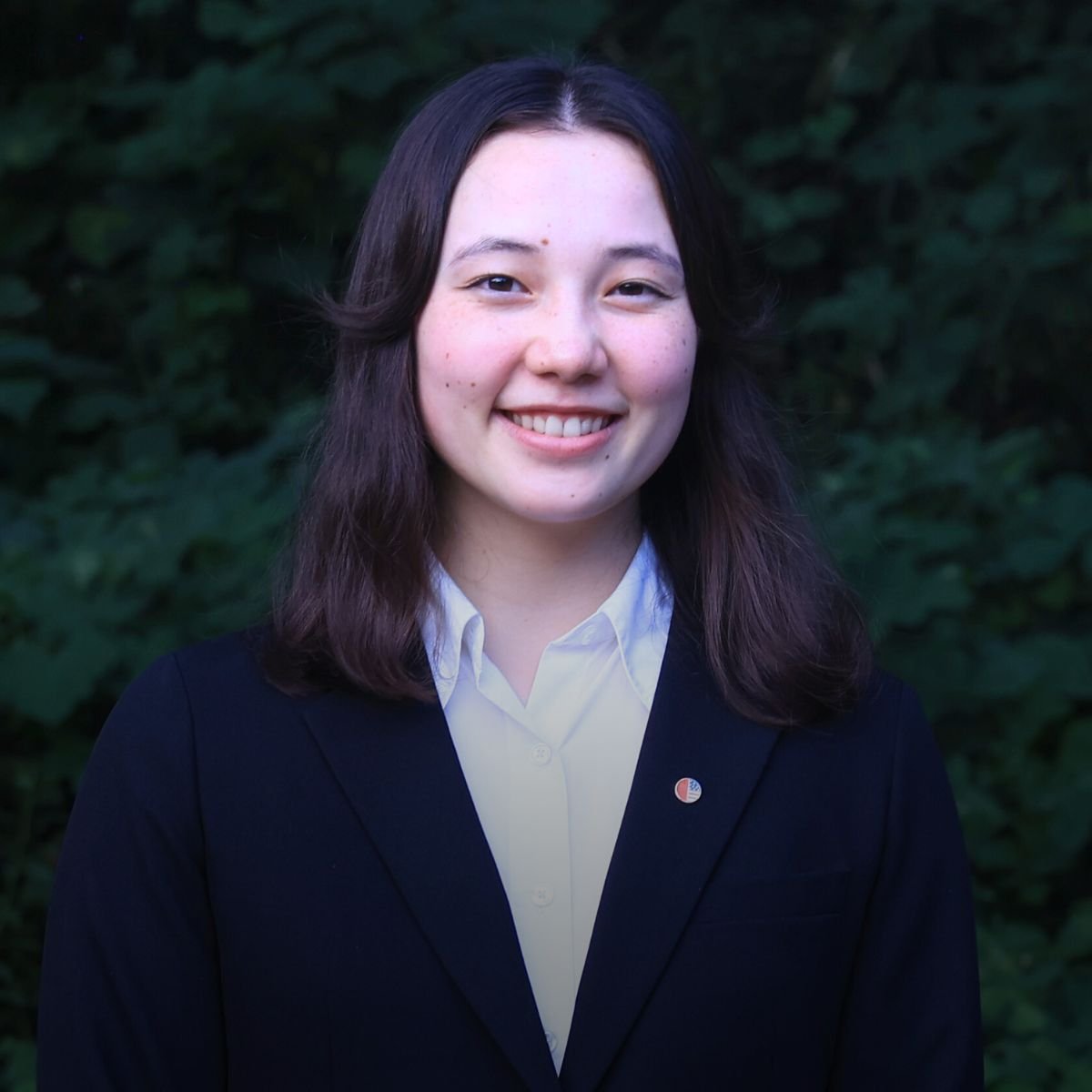
Eleanor Meunier
American Chair
Colgate University
-

Zoë Hoksbergen
American Vice Chair
University of California, Berkeley
-
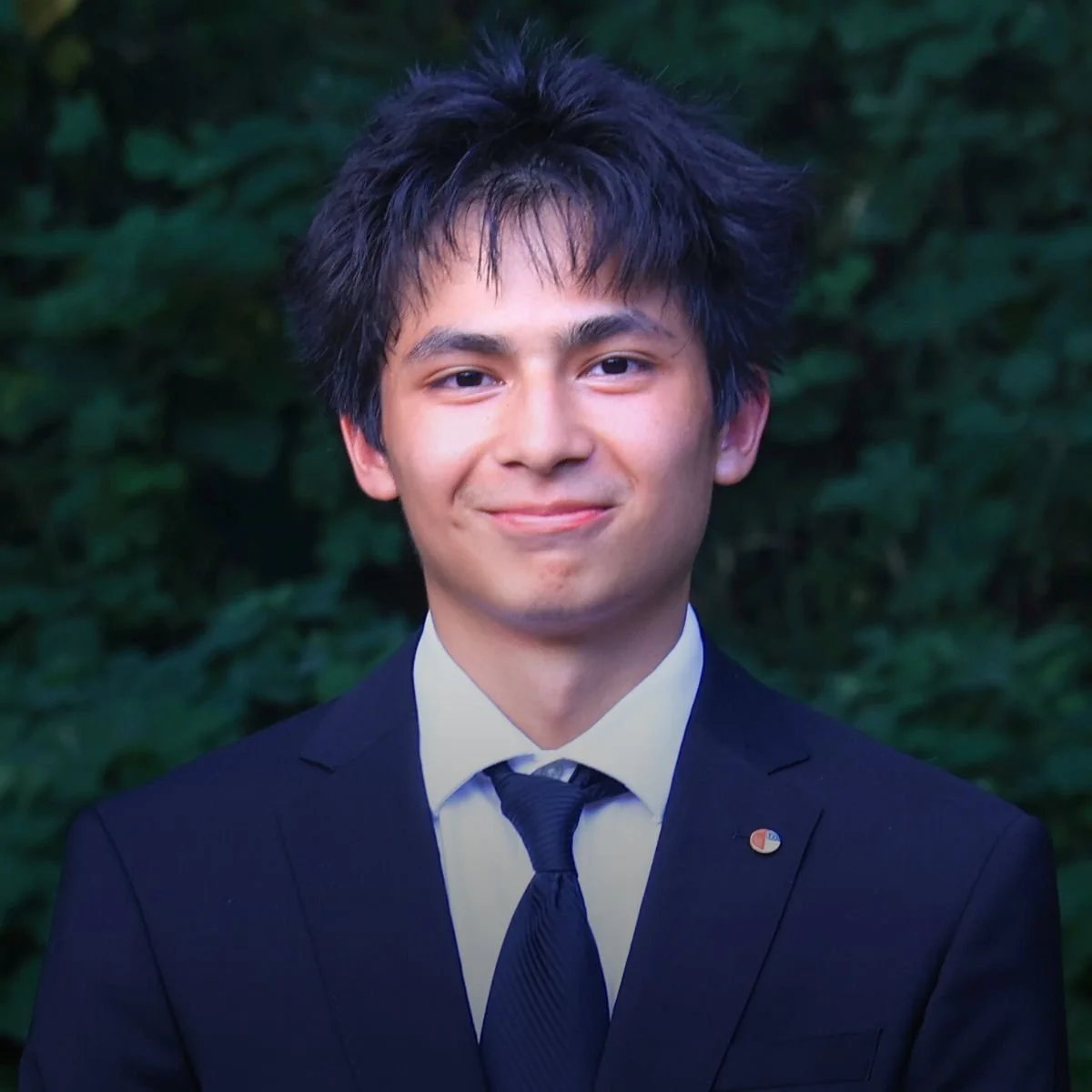
Gerald Reiling
Recruiting & Marketing
Duke University
-

Nil Nyah
Treasurer
Duke University
-
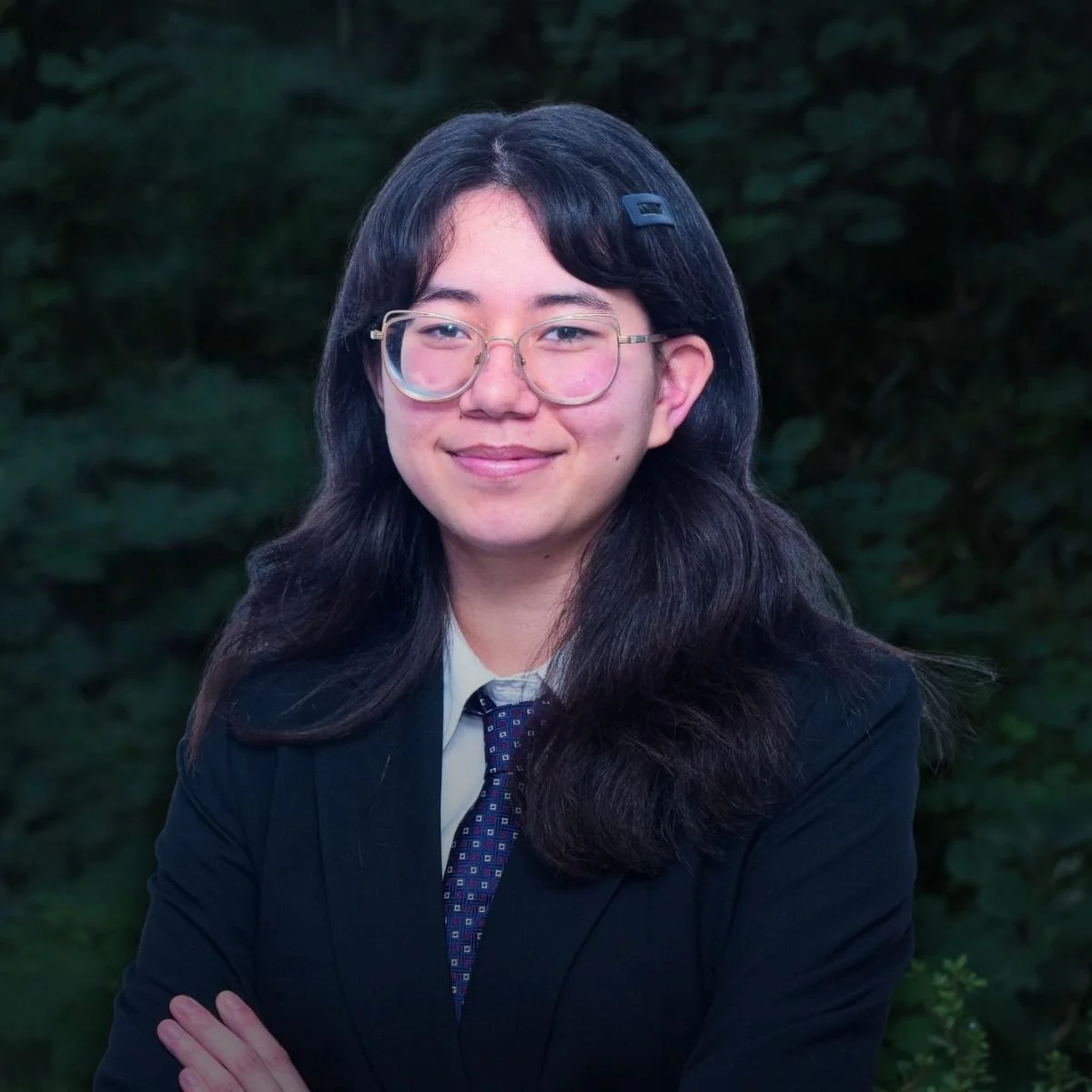
Maya Sasaki-George
Secretary
Trinity College-Hartford
-

Lucie Freeman
Recruiting & Marketing
University of Minnesota
-

Sawaka Date
Japanese Chair
Keio University
-
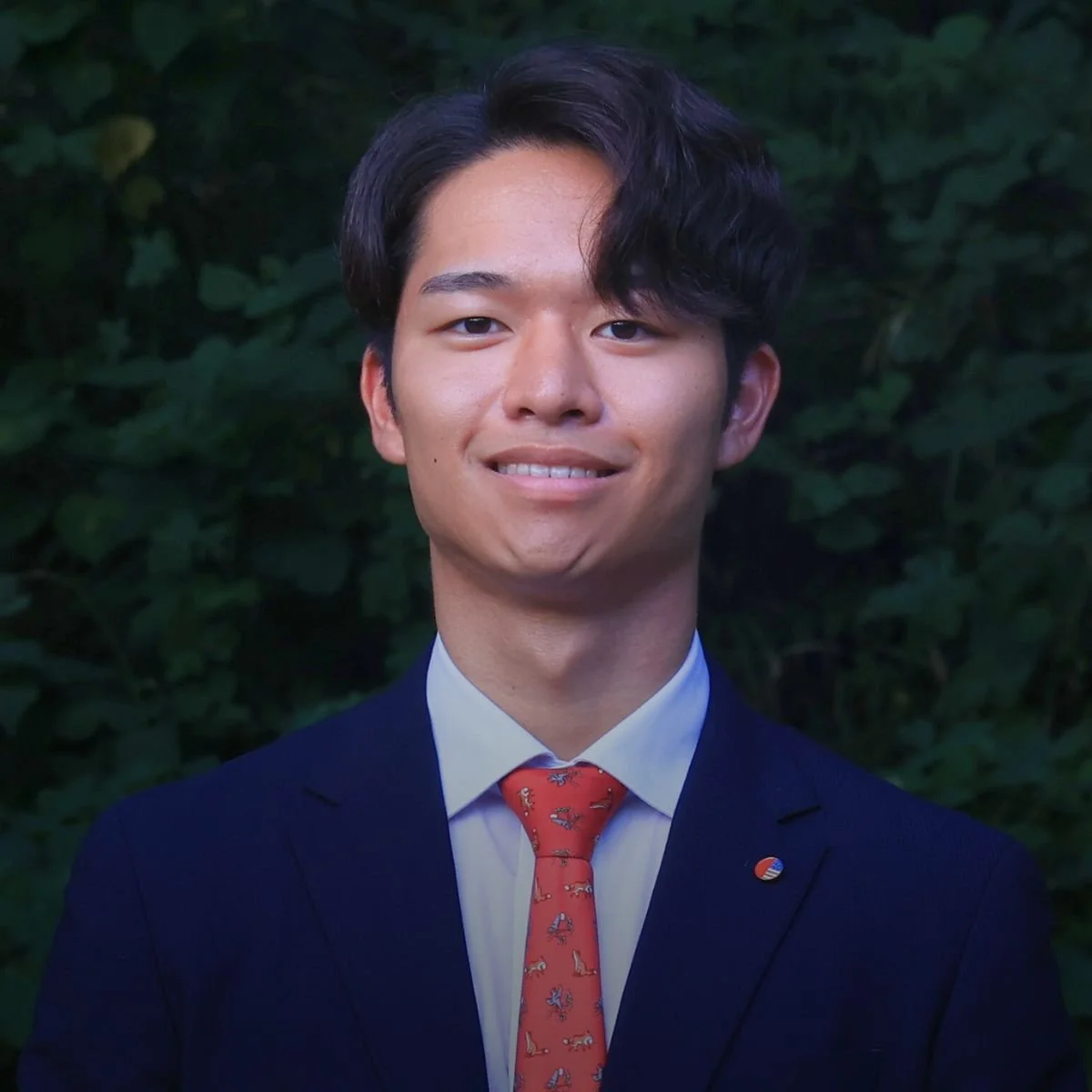
Asuka Fushitani
Japanese Vice Chair
Kyoto University
-

Ryoya Tanaka
Japanese Vice Chair
Kyushu University
-

Koharu Yamakawa
Finance
Waseda University
-

Risa Ueda
Public Relations
University of Tokyo
-
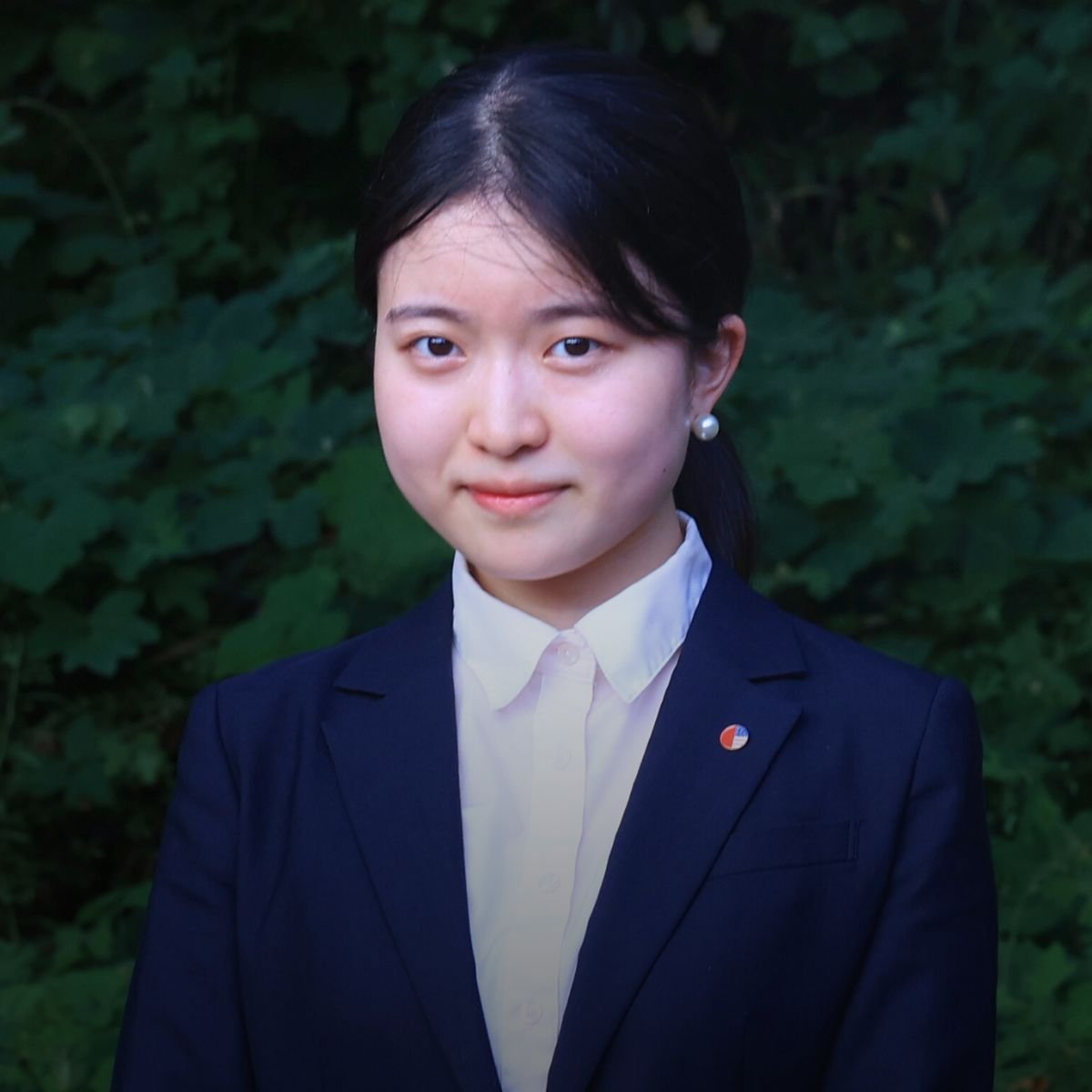
Rio Ohashi
Public Relations
Trinity College
-
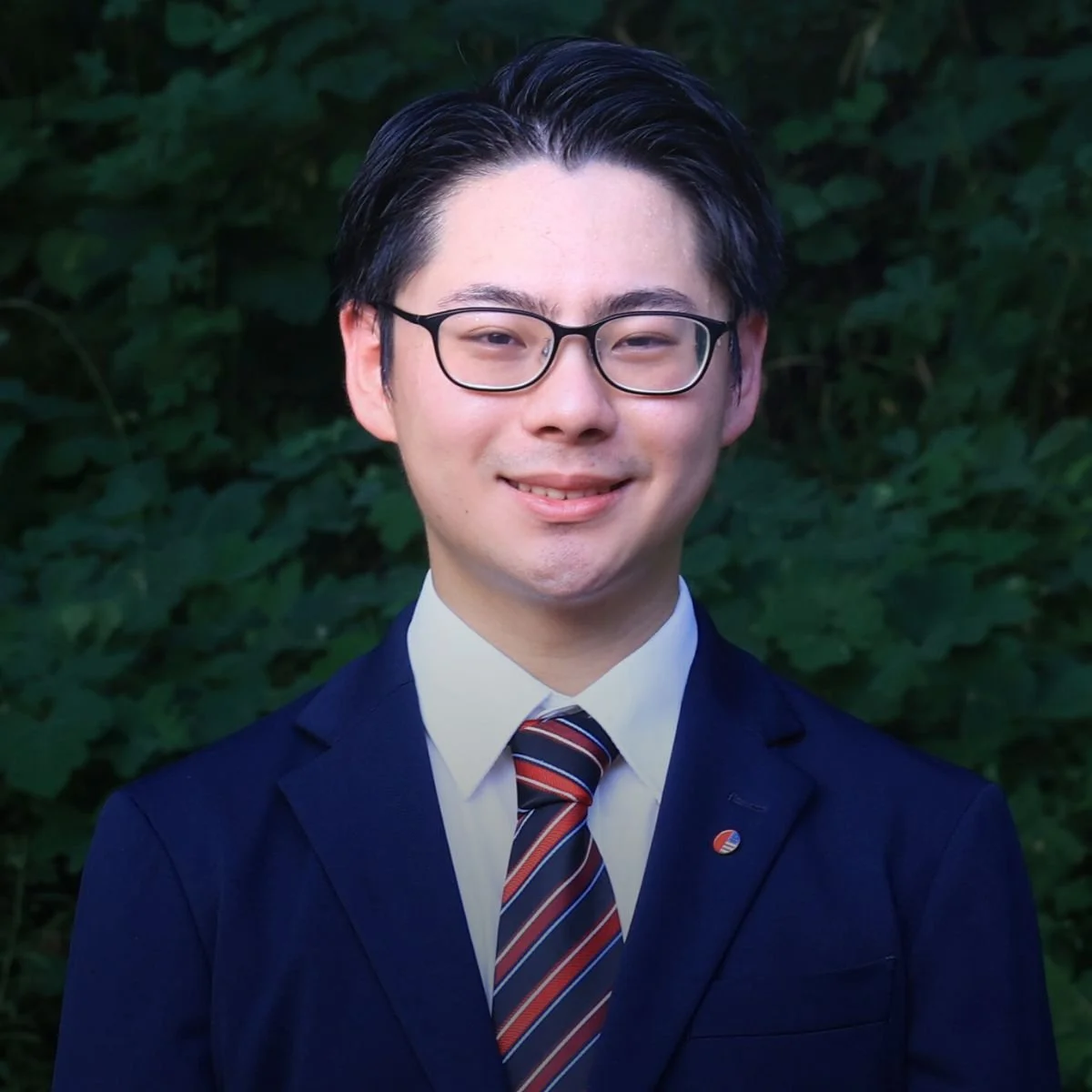
Soichiro Tezuka
Applicant Selection
Keio University
-

Mako Imada
Applicant Selection
Tokyo University of Foreign Studies
How to Apply
Eligibility
Open to undergraduate and graduate students who are 18+ years old at the time of the conference.
Must be enrolled at an accredited university either during the application period or in the fall semester after the program concludes.
All majors and fields of study are welcome. English proficiency is required (Japanese is not required).
What You’ll Need
– Complete online application
– Resume or CV
– Unofficial transcript
– Verification of Enrollment
– $20 application fee
– Optional: Letter of Recommendation, Supplemental Materials (e.g., portfolio, etc.)
Application
Opens: October 13, 2025
Closes: December 28, 2025 at 11:59 p.m. ET
Timeline & Process
After you apply, you may be invited to a short virtual interview within two weeks
Final decisions will be announced in mid-to-late January
If accepted, you’ll be asked to submit a $500 deposit to confirm your spot
Need Help?
Download the Applicant Guide (PDF) for more details.
Have questions? Email JASC@iscdc.org or message us on Instagram @JASC_official.us
Information Sessions
Join an online info session to learn more about JASC before you apply.
Couldn’t attend an information session?
Coffee Chats
Schedule a virtual coffee chat with an EC and get your questions answered one-on-one. It’s a great way to learn more about the program, the application process, and what to expect.
Cost & Scholarships
Participation Fee:
$3,500 Japan Year
$3,000 U.S. Year
Thanks to our generous supporters, every accepted delegate automatically receives a scholarship of over $3,500 — bringing the participation fee down from $7,000+ to $3,500 or $3,000 depending on the year.
Your participation fee covers:
What’s not included:
Each year, 30–50% of delegates receive full or partial funding through ISC’s Plant a Diplomatic Tree Scholarship, their universities, or from our generous partners. Our Executive Committee is here to support you in securing the resources you need.
Additional support available:
The Glen S. & Sakie T. Fukushima Alumni Fellowship provides two full scholarships per year and partial scholarships to EC members.
The Plant a Diplomatic Tree Scholarship supports one delegate annually in honor of Kristy Murray Holch.
Start by visiting our scholarships page for tips to fund your conference. Still have questions? Reach out to the ISC office at info@iscdc.org or contact the JASC Executive Committee directly at JASC@iscdc.org. We’re here to help.
Frequently Asked Questions
-
No. The official language of the conference is English. You do not need Japanese language skills to participate.
-
Yes. All university students, including graduate students, are eligible to apply as long as they are enrolled at the time of application.
-
Yes. As long as you are enrolled at the time you apply, you are eligible—even if you will graduate before the conference begins.
-
Yes. You can apply as long as you are enrolled in an accredited U.S. university and have a valid visa that allows travel to Japan. ISC cannot sponsor visas, so please check your visa requirements and consult your consulate or embassy if needed.
-
Yes. Returning delegates may apply to attend again or apply to a different ISC conference.
-
Yes. You’re encouraged to apply again.
-
Yes. You can apply as long as you have a valid visa that allows you to travel to and from the host country during the full program dates.
Please note that ISC cannot sponsor visas. If you have questions about your visa, contact ISC and your country’s consulate or embassy.
-
After the deadline, selected applicants will be invited to a short virtual interview. Final decisions are typically shared within 1 month of the interview or by early March.
-
Please contact the JASC Executive Committee at JASC@iscdc.org.
-
Yes. ISC offers need-based scholarships to selected delegates. The Plant a Diplomatic Tree Scholarship fully covers the participation fee for one delegate per conference.
Most delegates receive partial or full funding through ISC, their university, or partner organizations. Visit our Scholarships page to learn more.
-
A full packing list will be provided after acceptance. It will include dress codes, tech needs, and cultural etiquette tips.
-
Yes. ISC is committed to creating an inclusive and welcoming experience. If you need accommodations — such as accessible housing or anything else — email us at info@iscdc.org as early as possible so we can work with you to provide reasonable accommodation.
-
Most students do not need a visa for short-term travel to Japan, but it depends on your nationality. You’re responsible for checking visa requirements and securing any necessary travel documents. ISC will provide guidance and reminders, but cannot sponsor visas.
Beginning in 2026, travelers to Japan will need to complete the Japan Electronic Travel Authorization (J-ETA) before arrival.
For the United States, Japanese citizens will need to complete the Electronic System for Travel Authorization (ESTA) before arrival.
-
ISC provides group travel health insurance that covers medical for the full program period abroad. All delegates must have their own health insurance in their country of residence. If you would like additional travel insurance coverage, you may purchase it separately.
-
Let us know in your application. We will work to accommodate all needs.
-
All delegates will participate in a few virtual meetings and prepare for Roundtable topics. Expect to spend 5–10 hours total on pre-conference activities.
-
No. All delegates are required to attend the full program. If accepted, you must participate in every segment of the conference from start to finish.
-
Yes, reliable internet will be available at all housing and most venues.
-
ISC does not currently offer credit, but some universities allow independent study or internship credit. Ask your advisor.
-
Delegates will have some free time built into the schedule, but most days are full. Weekends or evenings may include optional social or cultural activities.
-
The program is held in the summer, so most delegates will not miss class. If your school operates on a trimester or year-round system, check your academic calendar before applying. If participating means you will miss class, ISC can write you a letter explaining your absence.
-
You can reach us at JASC@iscdc.org or on Instagram @JASC_official.us. We’re here to help!
